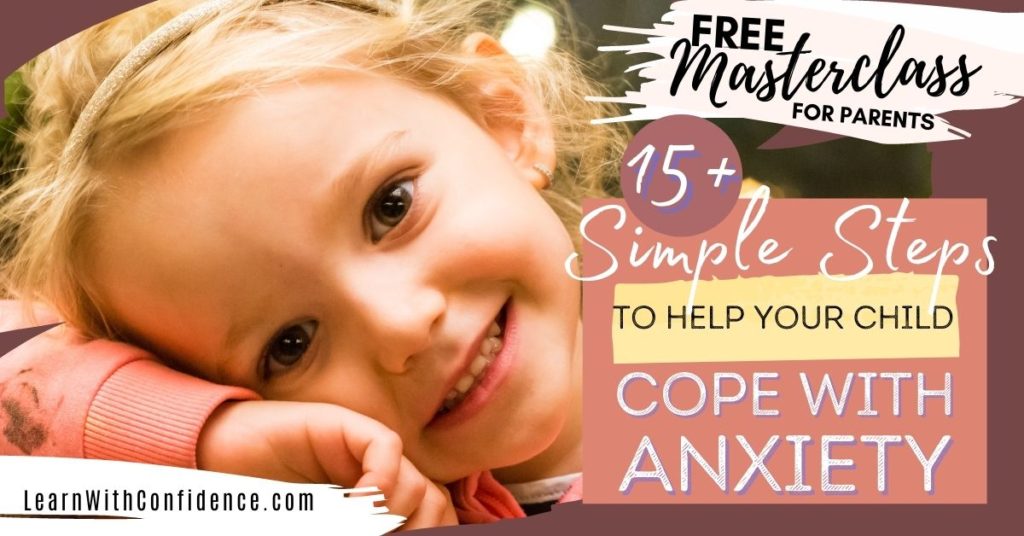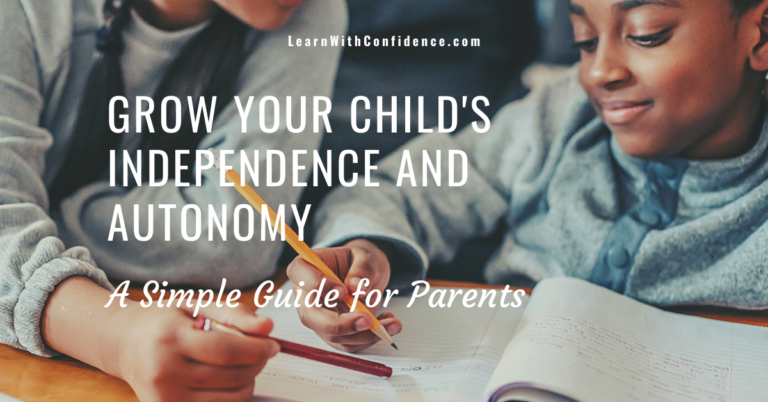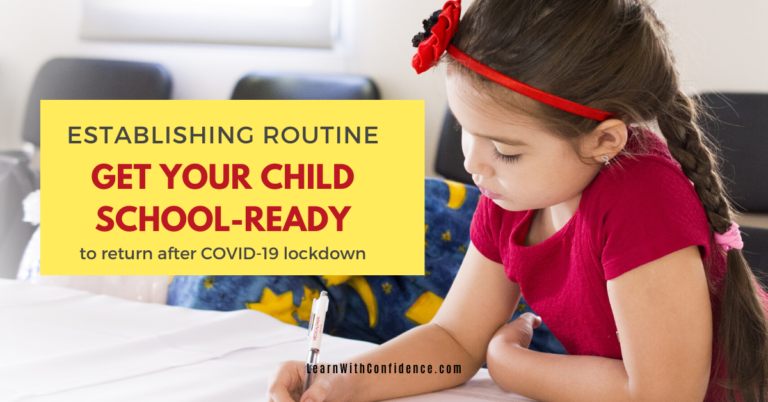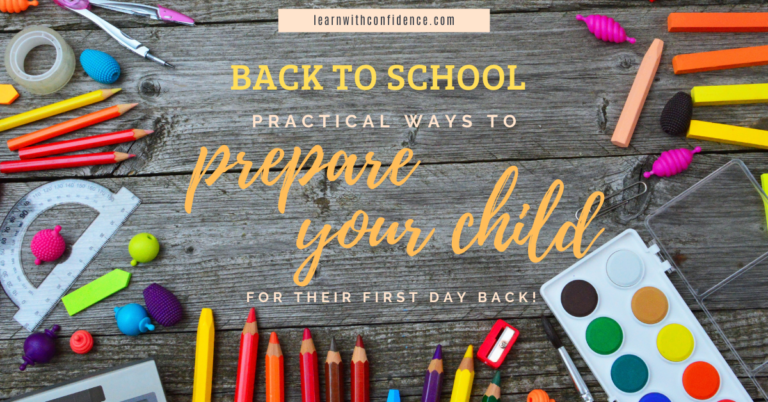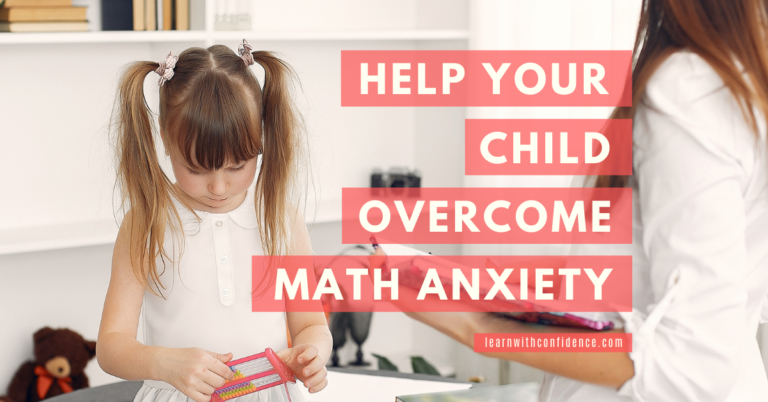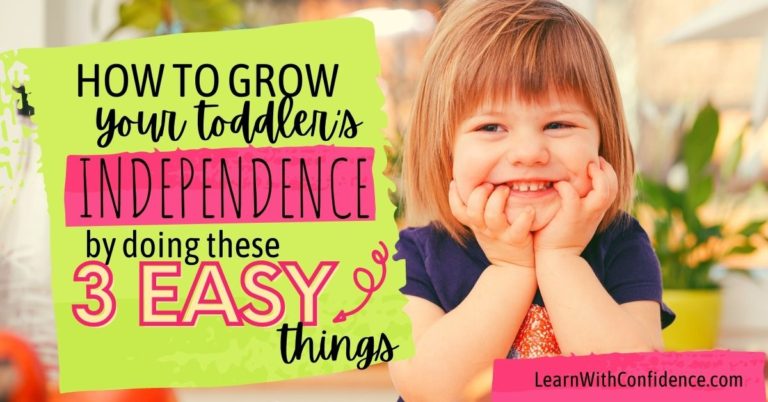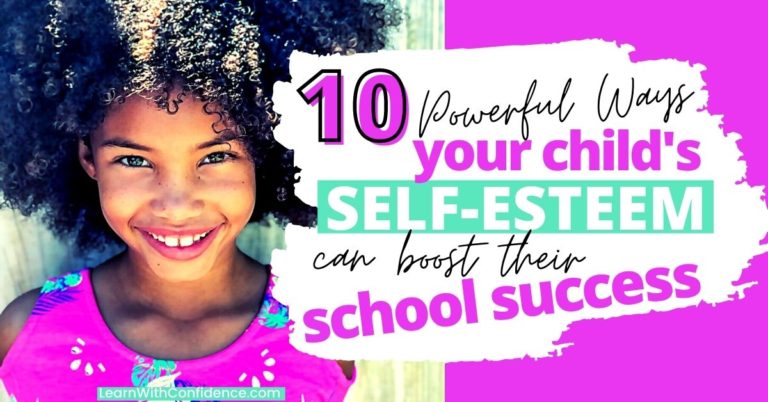Encourage more, praise less – A Simple Strategy to Build your Child’s Self-Esteem.
I’ve been hearing this a lot at the moment when it comes to parenting: Encourage more; Praise less. Praise can be a very vague and, actually an unhelpful way, to honor our children and show them that we love and appreciate them. So how do we encourage our children more and praise them less? And what does that actually even mean – because aren’t those the same things? But first… a little story….
My 2.5 year old grabbed her pile of clothes set out for the day. “Do you want some help, hon?” “No. I do it all myself.” Ok… And she did! She even got things on the right way round!
“Well done! You dressed yourself! I’m so proud of you!”
A little voice pipes up next to me – my 4 year old: “Are you proud of me too?”
Of course I’m proud of her, for so many reasons. And I tell her often. So, why did she need that affirmation? What made her long for that approving comment? Why had my praise of her sister’s accomplishment made her question her capabilities?
I attended a parenting summit about self-esteem (so good!) where Danielle Bettmann talked about how praise can actually be detrimental to developing a healthy self-esteem in our kids and it blew my mind – aren’t we supposed to praise our kids!?

The problem with praise
The problem with praise is that it’s just so vague.
Like, try imagine this: You’re walking through the grocery store and someone walks by and says “Hey! Well done!” and then walks off. What would your first thought be? I’m gonna bet it’d probably be: “For what?!”
Well done on selecting that bag of apples, or on pushing that trolley particularly accurately. Or maybe it was that you look great today. Perhaps it’s a “well done” on being a wonderful mom or that project you totally nailed at work. You’ll never know.
Now, it felt good that someone approved of you. But it’s going to nag at the back of your mind – what did they actually approve of? What’s more, you’ll never know what you’ll have to do to get another “well done” in the future. So you start questioning all the things you are good at and what others would approve of and then you start trying to do it all, waiting for some more praise and approval to fan the flame.
How do you feel? Fulfilled? Proud of yourself? Confident?
Or do you feel unsure, insecure, a little anxious that you may or may not get it right next time… whatever it was you got right the last time.
And this is why praise doesn’t build your child’s self-esteem.
We want our kids to feel good about themselves and their abilities. So when they question that, even after we tell them over and over, how good they are , it’s a bit confusing.
Why isn’t my child’s self-esteem better – even when I’m super generous with praise? I believe in them; why can’t they believe in themselves?
Are you ready – you may want to sit down for this part right here…
Because they’re seeking external approval and affirmation, instead of relying on their own internal “compass” to direct their thoughts and actions.
There’s a better way.
It’s the way of ENCOURAGEMENT!
Does your child worry about everything?
Are they struggling to cope with these big feelings?
Feeling out of your depth when it comes to helping them?
(And you’re a super busy mom and don’t know how to even add this to your schedule?!)
What is the difference between Praise and Encouragement?
Do you have a puzzled look on your face right now as you read this, because those two terms seem to be the same thing – right?
The easiest way to help you remember it is this:
Praise is external. Encouragement is internal.
When you praise your child, you are making a value judgement of their performance; it’s an external source of approval. When you encourage your child, you are inspiring them to make a value judgement about themselves and rely on their internal sense of approval.
This means that when we praise our children, we’re teaching them to be extrinsically motivated when it comes to work ethic, attitude and performance. In other words, they will try to avoid consequences and they will seek external rewards or approval.
When we use encouragement to build our child’s self-esteem, we teach them to be intrinsically motivated. They can develop an internal compass that they rely on when making decisions and staying motivated for tasks.
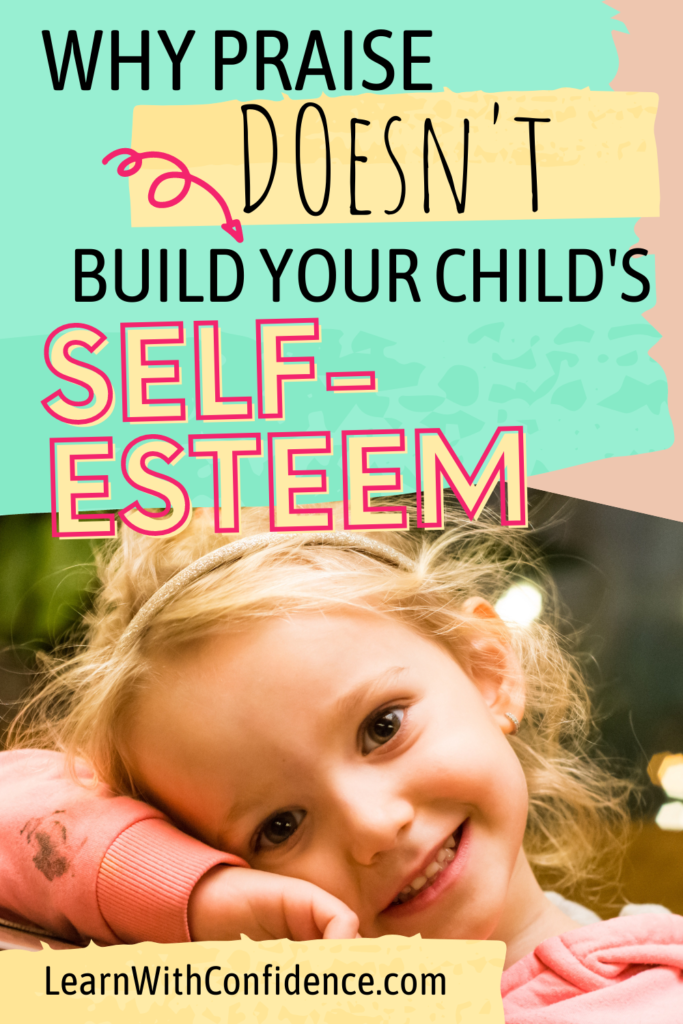
Will it really impact my child’s self-esteem if I encourage more and praise less?
What is self-esteem?
Self-esteem is your child’s belief about themselves, their value and worth, their abilities. When your child has a good, or healthy, self-esteem they have a positive view of themselves and feel confident in their abilities.
Self-esteem influences every area of our lives. And especially for your child, their academic success is often closely linked to their self-esteem. This study find an interesting correlation.
Children with a healthy self-esteem can be more autonomous. And when your child feels confident in themselves and their abilities, they are able to do things like these more confidently:
- Try new things
- Take risks
- Set goals
- Work towards achieving those goals
- Standing up for themselves in response to peer pressure
- Bounce back from failures and disappointments
- Solve problems in different ways.
- Be creative
- Face challenges instead of avoid them
- Relate to others in a healthy way
These things make their experience of life, as well as of school and learning, a lot more manageable and enjoyable!
Can I build my child’s self-esteem if I encourage more and praise less?
If the goal of our parenting is our child’s autonomy: We work hard from when they’re toddlers to grow their independence. Then they can take all we’ve given to them and equipped them with, and head out into the big wide world and make good choices, have a good work ethic and be a kind and courageous person. Then we have to do things that foster that autonomy.
Praise makes our children rely too heavily on external forces. They may clean their room because they’re afraid you’ll take a privilege away. Or turn in a good paper on time because they fear the disapproval that comes with getting a bad grade. But one day, what’s going to drive them to keep their own home clean and tidy? What’s going to inspire them to complete a work project excellently, by the deadline, even when there’s no promotion promised on the other side?
Take a look at that list again in the point above.
Praise hinders those things.
I won’t take a risk unless I know for sure nothing bad is going to happen. Or if I don’t get a reward for it. I need someone’s approval to make choices. I shy away from challenges because I fear a negative outcome.
How many of us are living this life?
I don’t know about you, Mamma. But I want better for my kids.
I want them to be able to make good choices, after weighing the options and seeing, ultimately, which fits with their values and makes them feel most proud. Let them set lofty goals and take risks (calculated risks of course!) and be courageous. I want them to have the grit to persevere and the moxi to stand firm for their beliefs, fight for what’s right, and not be swayed by peer pressure.
Building their self-esteem is one way we can ensure they’re headed in the right direction. And encouragement is a perfect tool to do exactly that.
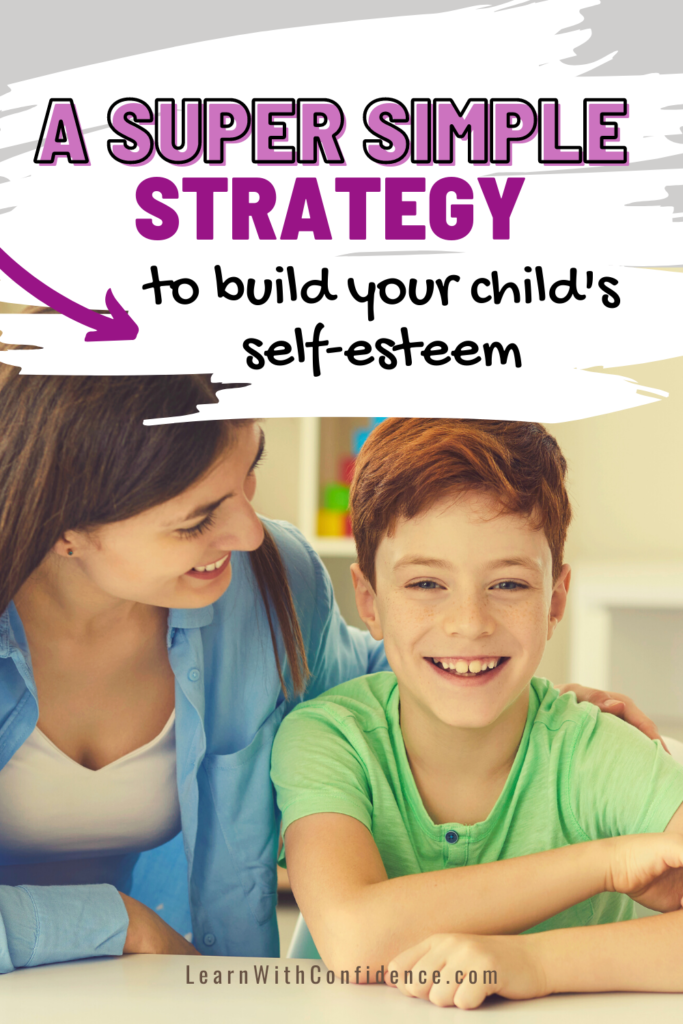
The TOP TIP to encourage more and praise less to build your child’s self-esteem
So how do we do this? How do we dial-down the praise and amp-up the encouragement?
It’s so simple and yet, we just forget to do it. Or maybe we’re just too busy to be aware…
Here it is – the TOP TIP to help you encourage more and praise less:
Express what you observe.
Praise sounds like this:
- That was good.
- Well done!
- Good job!
- That’s a beautiful drawing.
- I’m proud of you.
- You’re such a good girl/boy.
And we’re back to that first question that stumped us. What was good? What was well done? How made that a beautiful drawing? What exactly are you proud of? What makes me a good girl / boy?
Do you see how unhelpfully vague praise is?!
Here’s how encouragement sounds:
- You worked so hard on that.
- You colored in the lines.
- There are so many different colors in that picture.
- You have so much fun when you take turns.
- Thank you for fetching that toy for the baby – that was so helpful.
- You kept trying even when you thought it wasn’t going to work.
- You should be proud of yourself for finishing that task.
These are observations. Things you saw and noticed that helped your child complete a task correctly or persevere through it or serve others in the way that they did it.
Now, your child is thinking and feeling things like – Huh! I can work hard on tasks and persevere through them. I am able to complete a task. It’s possible to create something I’m really proud of. I do feel good about sharing and taking turns. I do like to help others – it makes me feel good about myself.
Can you see their self-esteem building?
Not only are we equipping them with the ability to think on this level, we’re also communicating that we see them. They have value and purpose and they are needed. They have this value because they are themselves – created uniquely, designed for their destiny – not because you say they have value.
Say what you see
So that’s what it comes down to. And this is a tip a lot of parenting experts give because it can help with so many things related to raising our kids.
Catch them doing something right and tell them what you see.
When you see them being spontaneously kind and helpful – tell them! When you see them staying the course when it’s so much easier to give up – tell them! Next time you see them putting effort into something – tell them. When you see them regulating their emotions instead of lashing out – tell them!
It’s going to mean that we have to look up from our busy lives and social media for a moment and let our eyes adjust as they focus on our kids (yeah! 100% me too!).
But it’ll be well worth the trade on our side!
Encourage more, praise less…little by little.
Now, just before you descend into that downward spiral of mom-guilt for all the times you praised your kid instead of encouraging them. STOP!
It’s ok!
Our goal here is to aim for MORE encouragement and LESS (empty) praise. With every sprinkle of praise add a whole scoop of encouragement.
We can’t turn back time. But we can take what we know now and do better.
I love that quote by Maya Angelou: “Do the best you can until you know better. Then when you know better, do better.”
So if you tell your child “Good job”, be sure to tell them exactly what they did right. And before you tell them how proud you are of them – because you are, I know you are! – check that they’re proud of themselves. The more you do it the easier and more natural it becomes.
(Who knows! You might find your own inner voice reminding you of all the wonderful things you’re doing and build your own confidence and self-esteem as a mom too!)
Save and Share this Post
Pin this image to your favorite parenting board on Pinterest and share it with your momma friends who want their children to have a healthy self-esteem too!
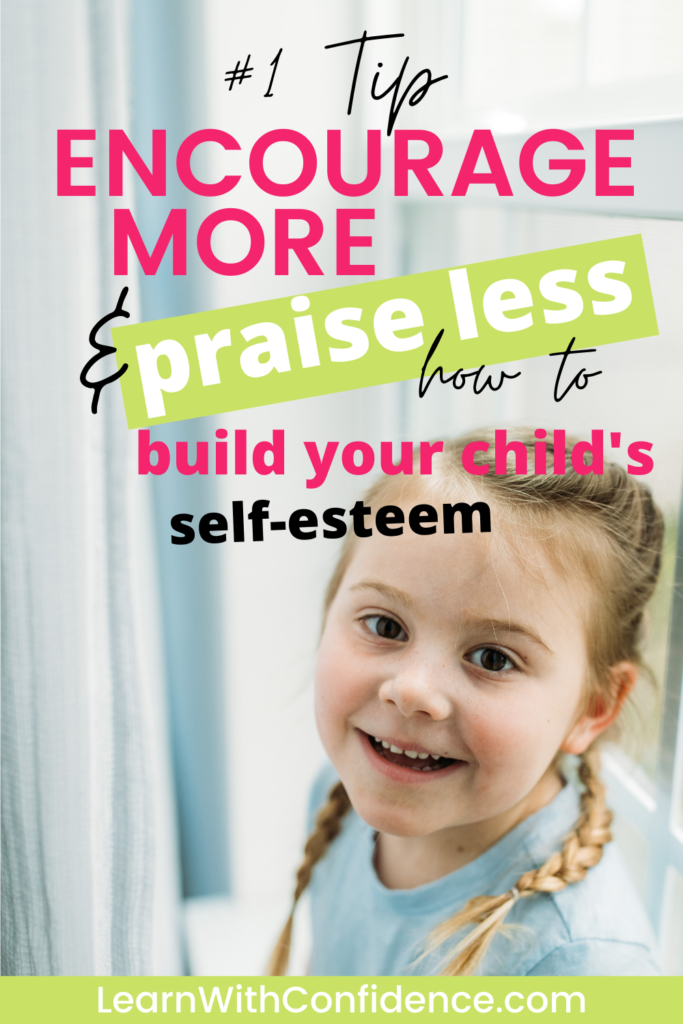

I would love to connect with you!
Click here to join the tribe of moms who want to equip and empower themselves to help their kids succeed!

